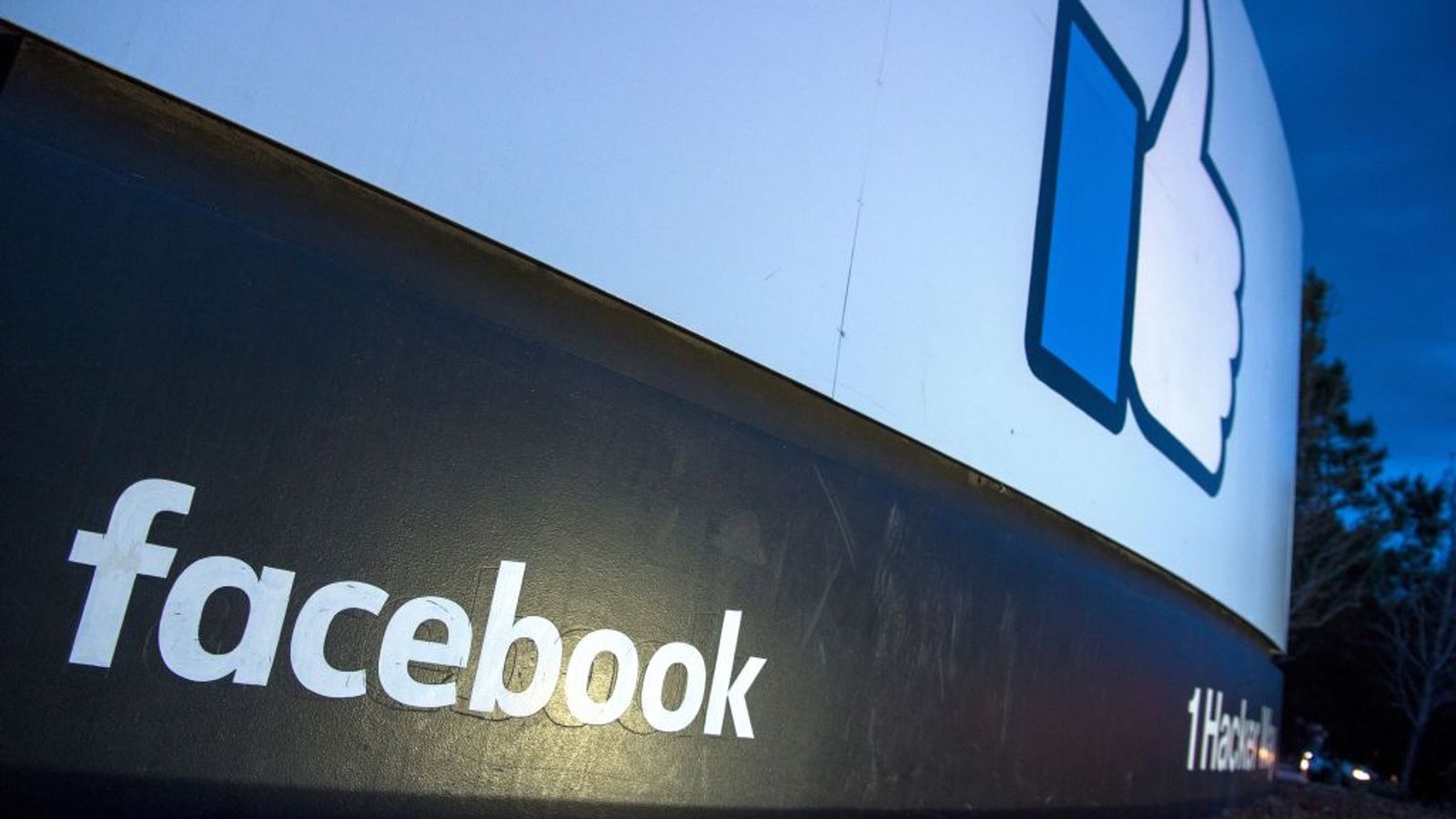Facebook has removed a number of features from its Instagram and Messenger apps in Europe due to what it says is an update to EU privacy rules – including security features it uses to scan for child abuse content.
A recent change to the ePrivacy Directive, that was designed to prevent companies such as Facebook mining message content and metadata for advertising purposes, has instead resulted in the company turning a number of features off.
Features including creating polls in apps, using stickers and other augmented reality image filters on Instagram, and giving Messenger contacts nicknames are among those now turned off for Facebook users within the European Union and UK.
Core features such as text messaging and video calling have not been removed. Although the company has not given a timeline, it says it is “working to bring back features that we can as quickly as possible”.
According to the social media firm, the ePrivacy Directive “also prohibits messaging and calling services from using data to prevent, detect and respond to child abuse material and other forms of harm”.
As such, the company says it is no longer checking whether still and video media shared over those apps contains child abuse content – although other major technology companies are continuing to do so.
Facebook’s ability to automatically monitor for this content has been the subject of an aggressive debate between the company and governments around the world due to the firm’s plans to encrypt its services in a way that would prohibit it from scanning users’ messages.
At the moment, Facebook submits thousands of reports to US authorities every year about predators using its platforms to attempt to groom children online, and millions of reports based on its systems detecting images and videos of child abuse.
Child protection authorities estimate that 70% of Facebook’s reports will be lost if the company allows predators and their potential victims to communicate using an end-to-end encrypted service that the company itself can no longer monitor – as the firm has stated it intends to do.
As reported by Sky News earlier this month, the British government is considering issuing an injunction against the company which would prevent it from rolling out end-to-end encryption across services such as Instagram and Messenger.
Despite the ePrivacy Directive, five major companies (Google, Microsoft, LinkedIn, Roblox, and Yubo) have all said they will continue to proactively scan their platforms for child abuse content.
Susie Hargreaves, the chief executive of the Internet Watch Foundation, described the ePrivacy Directive as “a stunning example of getting legislation wrong and having a potentially catastrophic impact on children”.
“It beggars belief that, at a time where children are more vulnerable to online grooming, and where our hotline staff are dealing with more public reports of suspected child sexual abuse material than ever before, children are being left out in the cold like this.
“Anything which weakens protections for children is unacceptable. Christmas is supposed to be a time where we look out for the youngest and most vulnerable. It is not the time to give predators a free pass to share videos of abuse and rape,” Ms Hargreaves added.
“We wholeheartedly applaud the stance taken by these companies who are really going the extra mile to protect children. Keeping children safe on, and offline, has to be everyone’s priority, and we must never lose sight of this.”
Anna Edmundson, the head of policy at the NSPCC, said: “Tech firms’ ability to scan for child abuse images and signs of grooming is fundamental to protecting children and fighting against these crimes that transcend national borders.
“Until the EU finds a way forward, it’s vital children are not put at risk of exploitation and that offenders are still found, stopped and prosecuted.
“It’s welcome to see some companies commit to continuing to use safety tools to detect and disrupt offenders and it is important others follow suit to protect children – particularly when they will be spending longer at home and online over Christmas.”

